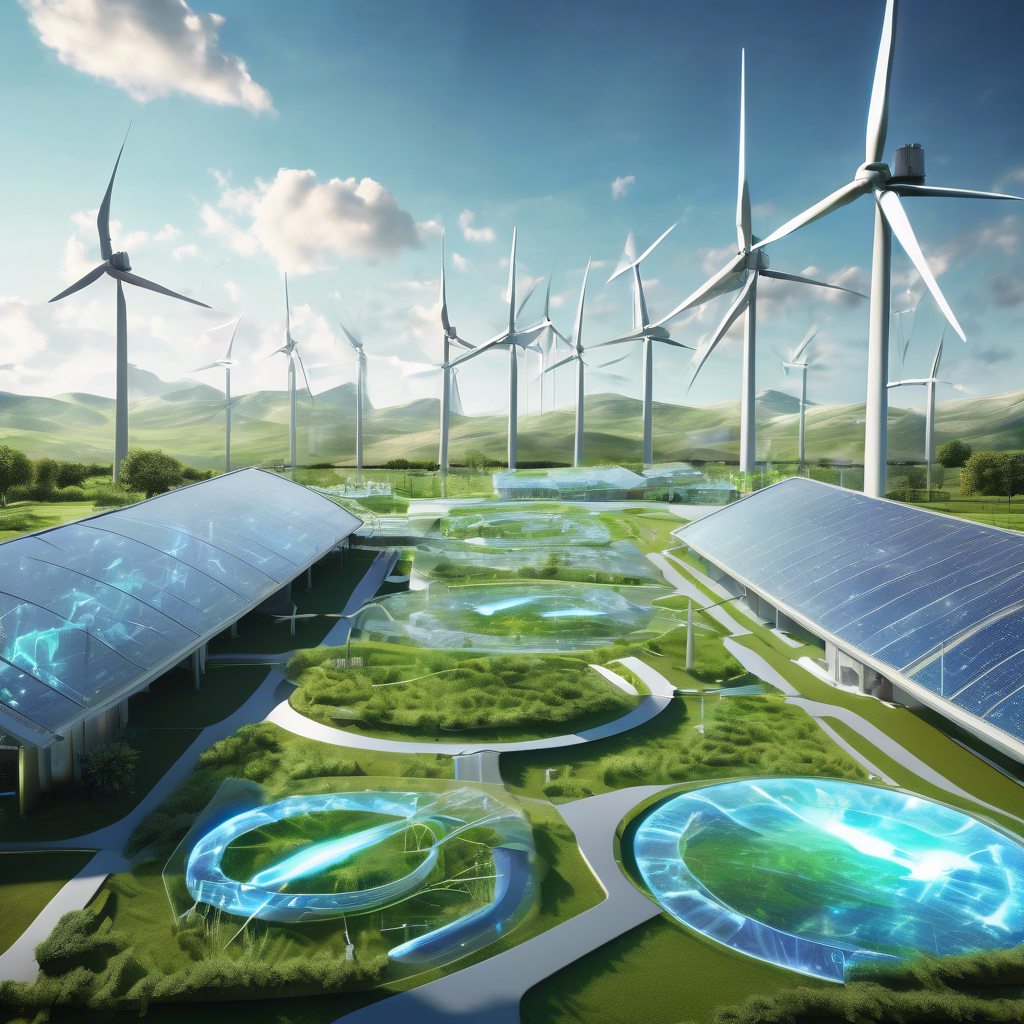
A recent groundbreaking study published in Nature demonstrates how artificial intelligence (AI) has been harnessed to predict the environmental impacts of climate change with unparalleled accuracy. This pioneering research represents a major technological advancement in addressing one of humanity’s most urgent challenges. Utilizing sophisticated AI models, scientists have analyzed complex climate data to forecast critical changes such as shifts in weather patterns, sea level rise, and effects on global biodiversity. These precise predictions offer vital insights for policymakers, environmental groups, and stakeholders engaged in climate action. The study underscores AI’s transformative role in processing vast, intricate datasets that conventional methods struggle to manage. Climate data, encompassing variables like atmospheric conditions, ocean temperatures, carbon emissions, and ecological metrics, can be interpreted by AI to uncover previously hidden patterns and correlations. This capability enhances the reliability of forecasts concerning ecosystem and environmental changes under diverse climate scenarios. For example, accurate sea-level rise predictions help coastal cities bolster defenses against flooding and erosion, while anticipating weather shifts aids agricultural planning and disaster preparedness, mitigating impacts on populations and economies. Furthermore, improved forecasting of biodiversity changes enables targeted conservation strategies to protect vulnerable species and habitats. Insight into how climate change influences ecosystem dynamics allows organizations to implement focused interventions that preserve biodiversity and maintain ecological balance.
Thus, AI integration not only anticipates environmental transformations but also informs strategic responses that mitigate damage and support adaptation efforts. Experts involved highlight that applying AI in climate research marks a significant progression in environmental science. By complementing human expertise with machine learning and data analytics, researchers gain deeper understanding of the complex natural and human-driven factors affecting climate change. This knowledge is crucial for crafting effective mitigation approaches to reduce greenhouse gases and slow global warming. Enhanced predictive models also guide adaptation by identifying at-risk areas and sectors, enabling timely, cost-effective interventions. The authors call for greater collaboration among AI experts, climate scientists, policymakers, and environmental organizations to maximize AI’s potential. Interdisciplinary partnerships can ensure AI tools address practical environmental issues and their outputs inform actionable policies. The study stresses the need to continually refine AI models with current and diverse data to preserve accuracy amid rapidly evolving climate conditions. In summary, employing artificial intelligence in climate change research ushers in a new era of advanced environmental insight and response. By efficiently processing and interpreting complex climate information, AI provides a powerful means of forecasting impacts and guiding mitigation and adaptation strategies. As global climate risks intensify, integrating AI technology into environmental science will play a crucial role in protecting ecosystems, economies, and communities for future generations.
Groundbreaking AI Study Enhances Climate Change Impact Predictions


Google’s AI Overviews feature has experienced remarkable growth, now appearing in over half of all search results.

SecureAI Technologies has launched an innovative cybersecurity system that uses advanced machine learning algorithms to detect and counter cyber threats in real time.

The rising influence of artificial intelligence (AI) defined 2025, with the MarTech sector reflecting this trend as B2B marketers increasingly integrated AI into their workflows.

Holiday shopping has often felt like a “chore” for Amrita Bhasin, a 24-year-old retail tech CEO.

Fallout’s season one recap incorrectly claimed that The Ghoul’s flashback occurs in the 1950s, when in fact it takes place in the year 2077.

OpenAI is set to launch GPT-5, the newest advancement in its language model series, in early 2026.

U.S. President Donald Trump’s decision to sell advanced AI chips, including Nvidia’s H200, to China has alarmed hawks in Washington.
Launch your AI-powered team to automate Marketing, Sales & Growth

and get clients on autopilot — from social media and search engines. No ads needed
Begin getting your first leads today